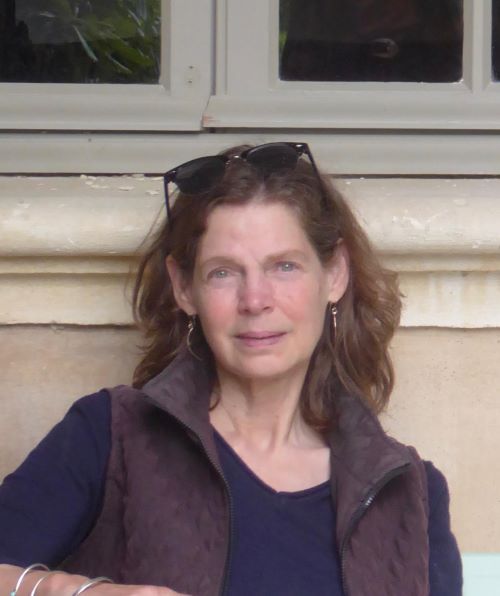“Quand le soleil commande, agir peu.” “When the sun commands, move the least.” Advice from René Char, poet and resistance fighter in World War II, who received his orders from the wildest elemental forces, and who knew when not to resist. Good advice for summer reading. I get very still. I linger a long time. These words, in French and in English, are given a full-page spread in The Brittle Age and Returning Upland, the bilingual 2009 Counterpath Press edition translated by expat American writer Gustaf Sobin. This is the book I open when I want to enter René Char country.
Here lies ample opportunity to experience a terrain in which “the fig tree/ Asked for the shrub of a new faith,” and “The flowering hawthorn was my first alphabet.” It’s a mysterious country, and not always comfortable: “Comfort is crime, the fountain told me from its rock.” Or safe: “Without the support of the shore, don’t confide in the sea but in the wind,” though “The long winds of winter will hang you.” Safety and comfort come at a price, especially for poets, Char knows, offering this assurance: “However long its tether, poetry wounds itself in our hands as we are wounded, in turn, by its escapings.”
There are other more comprehensive volumes of Char’s work in translation (like Furor and Mystery & Other Writings, edited and translated by Nancy Kline and Mary Ann Caws, who also wrote the foreword for this one). But this one offers a wonderful bookness. There’s an integrity to the object, the physical form with the page as its basic unit, the short poems set in that space, nothing to distract me as I turn the page, or don’t. It fits in the hand, rests on a shelf, travels in a pack. It features photographer Esther (daughter of Gustaf) Sobin’s cover image of La Sorge, the river that runs through Char’s native Isle-sur-la-Sorge. Gustaf Sobin graciously includes a glossary of the place names that pervade the poems, and the translations benefit immeasurably from his decades of living in Char country, as a poet, learning “his trade,” as he writes in the preface, from those “sonorous landscapes of the revelatory.”
The oracular “Sentry of the Speechless” appears in Returning Upland, the second half of this collection, in which the poems are longer and less aphoristic than in The Brittle Age, but equally elemental, equally blinding in their lucidity. What ignominy looks like a glass of water? Who are these beings sustained on moss? How have I come to such segmented depths? The sentry guards this place still. I can’t resolve its mysteries. That’s why I keep returning there.




